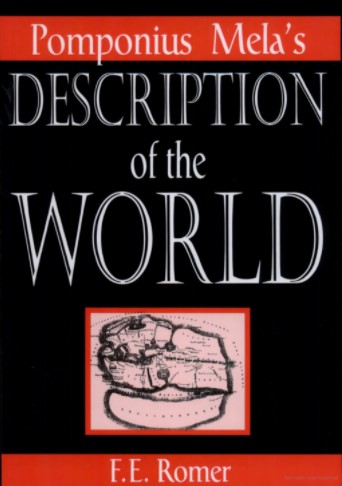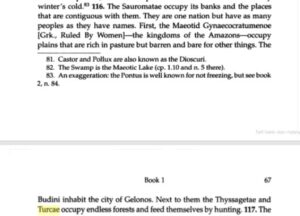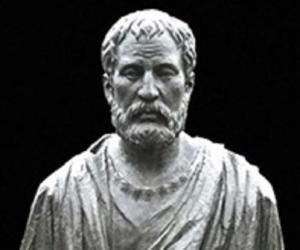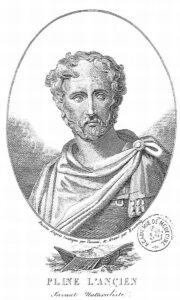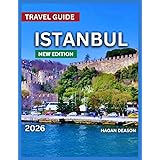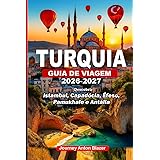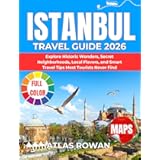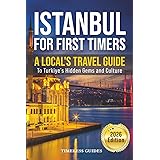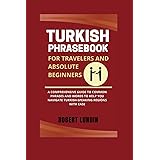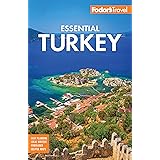Pomponius Mela
Pomponius Mela, who wrote around AD 43, was the earliest Roman geographer. He was born in Tingentera (now Algeciras) and died c. AD 45.[1]
His short work (De situ orbis libri III.) remained in use nearly to the year 1500.[2] It occupies less than one hundred pages of ordinary print, and is described by the Encyclopædia Britannica (1911) as “dry in style and deficient in method, but of pure Latinity, and occasionally relieved by pleasing word-pictures.”[3] Except for the geographical parts of Pliny‘s Historia naturalis (where Mela is cited as an important authority), the De situ orbis is the only formal treatise on the subject in Classical Latin.
Pliny the Elder
|
Pliny the Elder
Gaius Plinius Secundus |
|
|---|---|

Statue of Pliny the Elder on the facade of Cathedral of S. Maria Maggiore in Como
|
|
| Born | AD 23 or 24 |
| Died | AD 79 (aged 55)
Stabiae, Roman Italy, Roman Empire
|
| Citizenship | Roman |
| Education | Rhetoric, grammar |
| Occupation | Lawyer, author, natural philosopher, naturalist, military commander, provincial governor |
|
Notable work
|
Naturalis Historia |
| Children | Pliny the Younger (nephew, later adopted son) |
| Parent(s) | Gaius Plinius Celer and Marcella |
Gaius Plinius Secundus (AD 23/24 – 79), called Pliny the Elder (/ˈplɪni/),[1] was a Roman author, naturalist and natural philosopher, and naval and army commander of the early Roman Empire, and a friend of the emperor Vespasian. He wrote the encyclopedic Naturalis Historia (Natural History), which became an editorial model for encyclopedias. He spent most of his spare time studying, writing, and investigating natural and geographic phenomena in the field.

